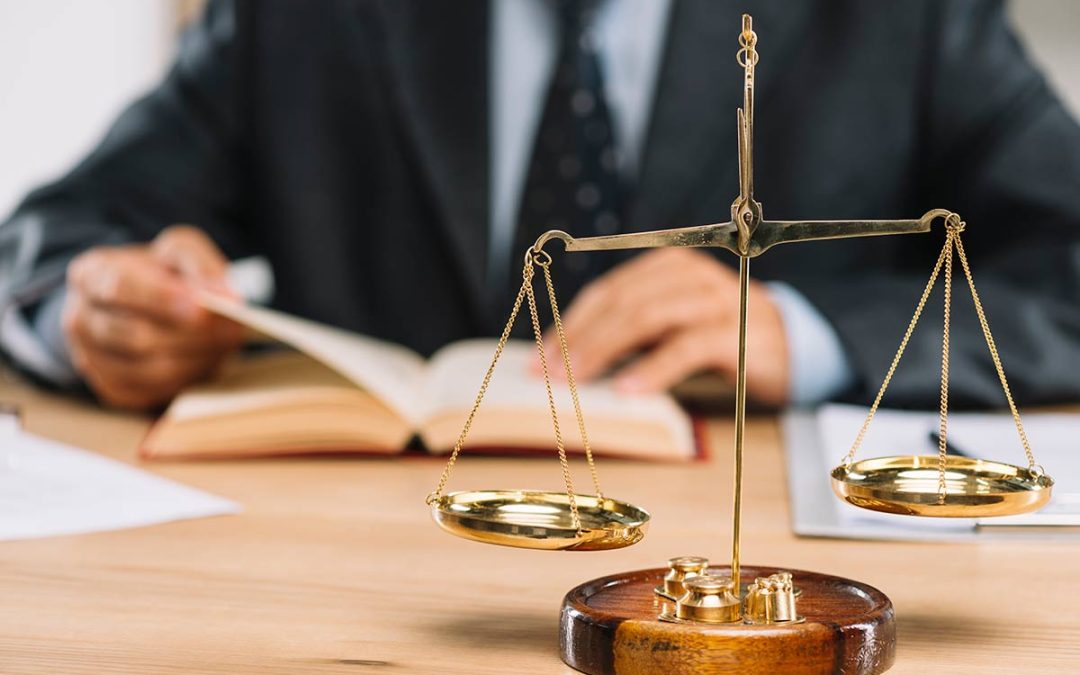In the provision of basic public services such as electricity, water or natural gas, subscription contracts are concluded on an individual basis. However, in practice, new subscription applications are sometimes rejected or blocked due to past debts. In particular, if the previous subscriber has a debt in a new residence, distribution companies may refuse to provide service to the new user on the grounds that this debt has not been paid. This situation is legally controversial and contradicts both the fundamental right to service guaranteed by the Constitution and the principle of the individuality of debt.
In order to prevent consumer victimization , there are various mechanisms to seek rights both administratively and through the judiciary. Holding the new subscriber responsible for the debt of the old user without any legal relationship is clearly against equity and legal regulations.
What is a subscription and to whom does it belong?
A subscription is a contractual relationship between the energy or service provider and the consumer, which provides for the provision of the relevant service on behalf of a specific person or entity. This relationship is personal and debts and receivables are binding only on the person who signed the contract. In other words, if an electricity, water or natural gas subscription is made in the name of someone else, the responsibilities arising from that service also belong to that person. The subscription is terminated when the consumer changes address, moves or the usage period ends and a new subscription is opened for the new user.
However, in practice, some distribution companies refuse to issue a subscription to the new applicant if the debts of the old user are not settled. This is a common problem faced especially by tenants or new owners. However, according to our legal system, debt is personal and no one can be held responsible for someone else’s debt. A new person cannot be penalized for the debt of an old subscriber even if he/she rents or buys the dwelling. Such practices constitute both a violation of consumer rights and an unlawful sanction.
Is it Legally Possible to Reflect the Debt of the Former Subscriber to the New Person?
According to the Turkish Code of Obligations, debts are personal and bind only the debtor unless they are transferred to someone else. In other words, the previous subscriber’s debt arising from past consumption cannot be reflected on the person who has just moved or applied for a subscription. Legally, if the new user is not in a legal relationship with the previous subscriber, the service provider company’s refusal to provide service to this person is not justified. As a matter of fact, both the Energy Market Regulatory Authority (EMRA) and Consumer Courts have ruled in favor of the new applicant many times.
Nevertheless, some companies, in order to guarantee their own receivables, require the new user to pay or settle the old debt or else refuse to provide services. Such demands are completely unlawful in the following cases:
-
If there is no relationship of kinship or partnership between the new applicant and the former subscriber,
-
If the new person subsequently bought or rented the property,
-
If only the name of the former subscriber appears on the subscription contract.
In short, the new consumer cannot be held legally responsible for the old debt. Such a request is considered arbitrary and unlawful and may be subject to judicial review.
Mistakes made by Distribution Companies in Practice
In practice, some distribution companies systematically block new applications if the debt of the service previously used on the immovable is not paid. Since there is a location-based blocking on the system, the new user cannot be processed unless the debt of the old subscriber is settled , or the new user is rejected on the grounds that “debt query is available”. This practice violates the consumer’s right to access service and creates victimization.
In addition, some companies make the new user sign a letter of undertaking stating that “the debt has been taken over” during the subscription application in case of non-payment of the debt, and on the basis of this letter of undertaking, they impose the past debt on the new user. However, this document is often signed with a lack of legal knowledge and is not based on the informed consent of the consumer. In law, for consent to be valid, it must be given with clear, conscious and free will. Such documents obtained under duress, without information or under compulsion may be deemed invalid by the courts.
Consumer Arbitration Committee and Right to Apply to Court
The consumer who is denied a subscription due to the debt of the former subscriber must first notify the relevant distribution company in writing and request service. In the event that no written response is given or a refusal is received, the consumer may apply to the Consumer Arbitration Committee or the court within 15 days. The Consumer Arbitration Committee is authorized for disputes below a certain monetary limit and these applications are free of charge.
In the applications to be made to the Consumer Court , a lawsuit is filed on the grounds that the new consumer cannot receive service due to the debt with which he has no legal connection, that he is victimized and that this situation is against the law. Courts often rule in favor of the new consumer and rule that the service must be provided. In addition, in some cases, claims for pecuniary and non-pecuniary damages are also accepted. These damages are of great importance , especially for commercial users who cannot do their business due to denial of service.
Responsibilities between Landlord and Tenant
Tenants generally have to make the subscription transactions on their own behalf. However, if there are debts from the past period in the apartment, the distribution company cannot claim this debt from the tenant. This is because the tenant and the former subscriber are often different people. Even the landlord is not liable for this debt if it belongs solely to the tenant. However, in some cases, if the lease agreement states that all subscription debts belong to the landlord, or if there is a contrary transfer of responsibility, special agreements between the parties may come into play.
Nevertheless, it should not be forgotten that public utility companies are obliged to investigate to whom the debt belongs. Asking the tenant to pay the debt of the former tenant is not in accordance with any legal system. If the tenant is victimized due to such practices, the distribution company can be held directly liable. Therefore, in such a case, consumers can prove that they have nothing to do with the debt by showing their lease agreements and identity information and seek their rights through legal means.
What Do the Supreme Court and EMRA Decisions Say?
In many decisions of the Court of Cassation on the subject, the principle of individuality of debt is clearly emphasized. These decisions, in particular, find it unlawful to reflect old debts to the new user. The decisions ofthe Court of Cassation clearly state that the subscription agreement is personal and binds only the signatory. Therefore , the courts mostly decide on the basis of this case law.
The Energy Market Regulatory Authority (EMRA) is also of a similar opinion. In the opinion letters published by EMRA, it is stated that it is not legal to collect the old debt from the new user. The Authority has repeatedly stated that service provision is person-based and real estate-based blockages are unlawful. A complaint can also be filed to EMRA against such practices.
Denying a subscription to a new applicant due to the old subscriber’s debt is a legally invalid and unfair practice. The new user has the right to benefit from the service as long as he/she proves with documents that he/she has nothing to do with the debt at the residence he/she moved to. If this right is denied, the consumer can remedy his/her grievance by applying to legal remedies such as written application to the distribution company, Consumer Arbitration Committee or Consumer Court.
In order to avoid such situations, the subscription history of the residence should be investigated before moving in, and if possible, information on old debts should be requested. In addition, every document requested to be signed during the subscription application should be read carefully, and no document should be signed without being understood. It should not be forgotten that no one can be held legally responsible for someone else’s debt and every citizen has the right to benefit from public services fairly.




